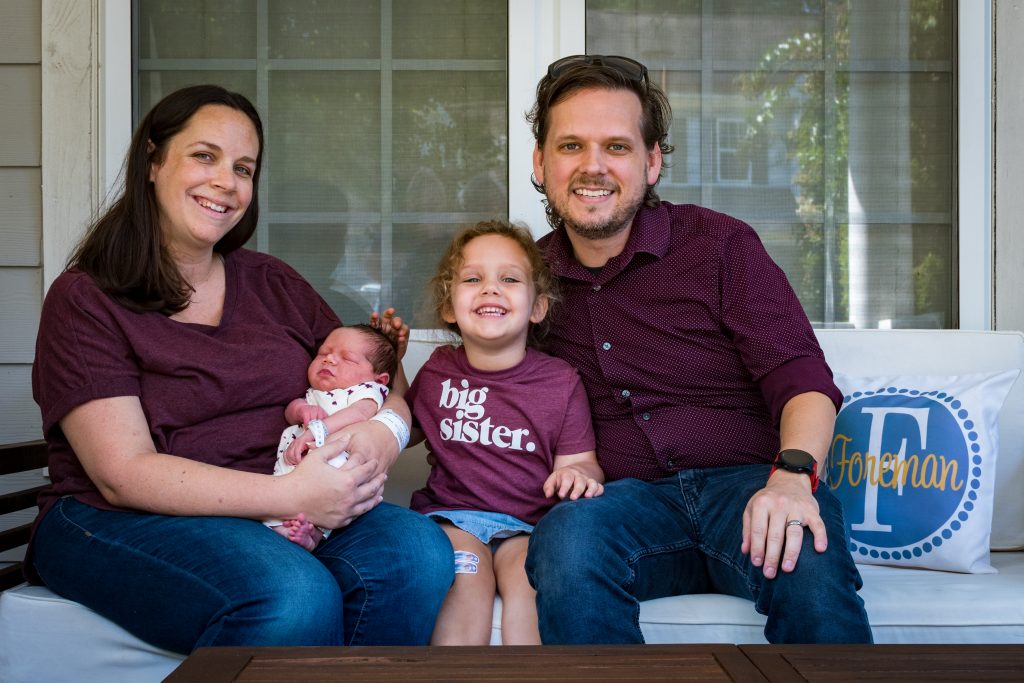Kate Major
CAPSTONE
Capstone Project Committee: Nancy Callanan, MS, CGC, Lara Percenti, MS, CGC, George Retsch-Bogart, MD
A guiding principle in the history of newborn screening (NBS) is to ensure that the costs of screening are outweighed by the benefits. NBS for Cystic fibrosis (CF) has potential risks largely associated with the identification of CF carriers. These risks include loss of individuals’ rights to choose whether to pursue carrier testing for themselves, and anxiety felt by parents of carriers about the health and futures of their children. As North Carolina implements NBS for CF, efforts have been made to minimize these risks by using an educational tool and making a detailed follow-up plan for families of identified carriers. One way to assist in these efforts is to learn from the experiences of other states using CF NBS methods that identify carriers. The purpose of this study was to use semi-structured phone interviews with newborn screening program representatives in these states to gain insight into current standards of practice, and to make recommendations to the state of North Carolina as to how to optimize their resources for carrier follow-up and education. The results of this study show that North Carolina’s plan for CF carrier education and follow-up are consistent with standard practice in other states. Recommendations based on participants’ responses include empowering primary care providers, recognizing the limitations of readability assessments, using culturally as well as linguistically appropriate educational tools, planning for the systematic evaluation of educational tools, and tracking the uptake of genetic counseling services.
Since Graduation

Shortly after graduating from UNCG, Kate took a position at UNC Chapel Hill with the Cancer and Adult Genetics team covering a maternity leave. This turned into a full time offer, and over 10 years later Kate continues to work at UNC as a Clinical Assistant Professor. During that time, Kate has enjoyed the ability to be involved in clinic and research. Her clinical interests include pediatric cancer genetics while her research focuses on issues surrounding the implementation of exome sequencing. Kate is also involved in the Bryson Program for Judicial Science Education at UNC, which aims to capacitate judges around the country with the knowledge they need to adjudicate cases that increasingly hinge on scientific topics.
Living and working so close to UNCG has afforded Kate the opportunity to continue a relationship with the Genetic Counseling program and this past fall she even joined the program faculty, teaching the first year students in a course called Introduction to Oncology and Genetic Counseling. She also continues to work with the program as a clinical supervisor and Capstone committee member. Kate is currently a member of the ABGC Certification Exam Committee after serving two years as an Item Writer. She has been a member of the NSGC Abstract Workgroup for the last three years. She also volunteers with ClinGen, previously as a biocurator and now as a member of the ClinGen Pediatric Actionability Working Group. Kate and her husband, Noah, have two daughters—ages 4 years and 3 months.